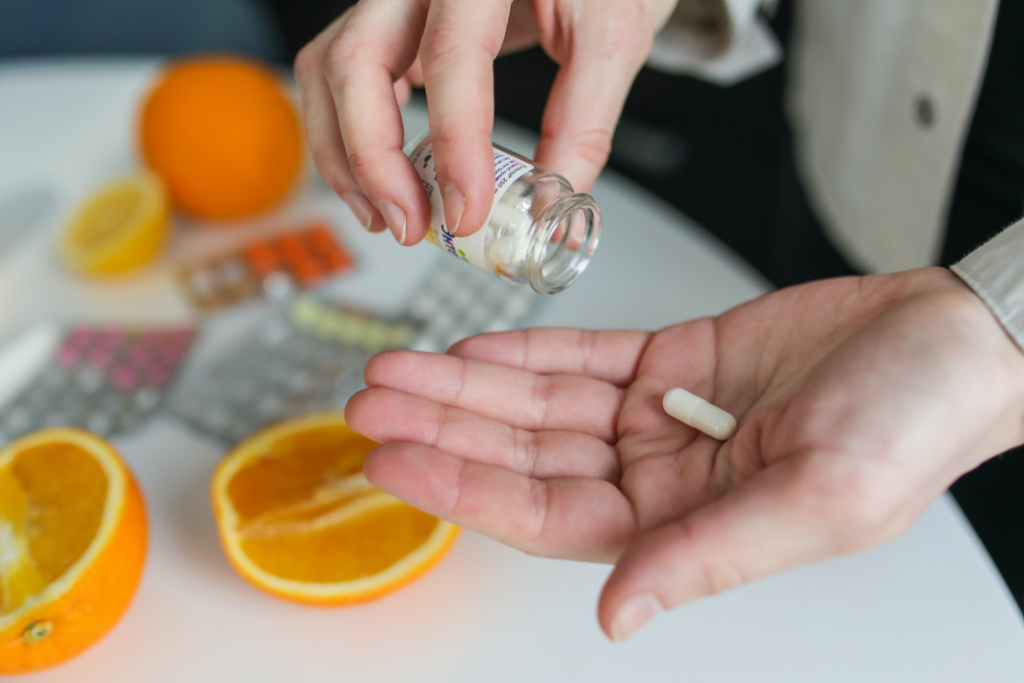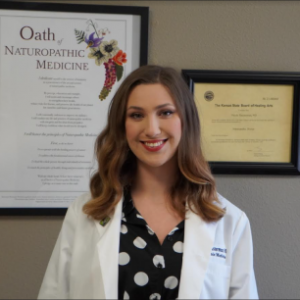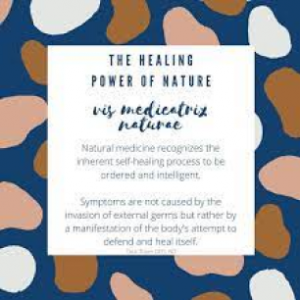Study, which was conducted by one of the leading pharmaceutical companies, revealed deficiency and insufficiency of vitamin D in 71% of the population. Particular attention in the analysis was paid to the age range (18-30 years), in the interval between which the risk of developing various diseases increases due to vitamin D deficiency.
Therefore, there is no doubt that vitamin D is an essential resource for maintaining health, and its deficiency can cause serious problems.
A naturopathic doctor can determine if you need vitamin D and choose the right sources and dosage
Symptoms of vitamin D deficiency
1. Reduced bone, tooth, and muscle health
Lack of the “sunshine” hormone negatively affects the health of our bones, teeth, skin, muscles, and can also provoke uncontrollable muscle cramps. Prolonged vitamin D deficiency leads to the development of rickets in childhood, to fragility and brittle bones in adulthood.
2. weakened immunity
Low levels of vitamin D is evidenced by frequent seasonal acute respiratory infections with fever.

3. Problems with metabolism
Vitamin D is involved in metabolism – formed in the skin, regulates metabolism and does not “stagnate” in fatty tissues. Deficiency of the “sun” hormone prevents the maintenance of a stable weight, makes it difficult to lose weight, worsens skin condition and increases the risk of cellulite.
4. Reduced quality of sleep
Vitamin D deficiency disrupts sleep quality, increases anxiety and increases the likelihood of depression. If the duration of the night’s rest seems short, tortured by sleepiness or, conversely, insomnia, it is recommended to see a doctor and check your vitamin D levels.
5. Disorder in coordination
Vitamin D is responsible for the body’s absorption of calcium and phosphorus, which are the “building” material for bones and teeth. Lack of the “solar” hormone leads to a decrease in these elements and makes the skeleton brittle. During exercise, there is an increased risk of fractures and injuries. Therefore, start with a gradual physical activity, before which you should always stretch your whole body.
6. Risk of high blood pressure.
Vitamin D is involved in the regulation of blood pressure. Its deficiency leads to the development of high blood pressure. Which is particularly adverse to blood circulation, the proper functioning of the heart, kidneys, blood vessels and other processes in the body.
7. Non-classical problems
Deterioration of memory and attention, concentration problems, increased sweating, allergic reactions.
How to get vitamin D naturally
Vitamin D is a reliable helper of our body, which comes both from the environment (by being in the sun) and from food. Fish oil, caviar, fatty fish, dairy products, beef liver, butter, cheese, egg yolk contain enough “solar” hormone to be obtained naturally. But, unfortunately, not enough for the body – only 20%.
There are nuances to being in the sun as well. Vitamin D is absorbed only through the skin. And in hot, sultry weather, to avoid burns and overheating, we often hide it under clothing or use protective creams, which significantly reduces the absorption of vitamin D.
According to recommendations of the Russian Ministry of Health, adults from 18 to 50 years recommended at least 800-1000 IU of vitamin D per day, and pregnant and lactating women – 800-2000 IU.






